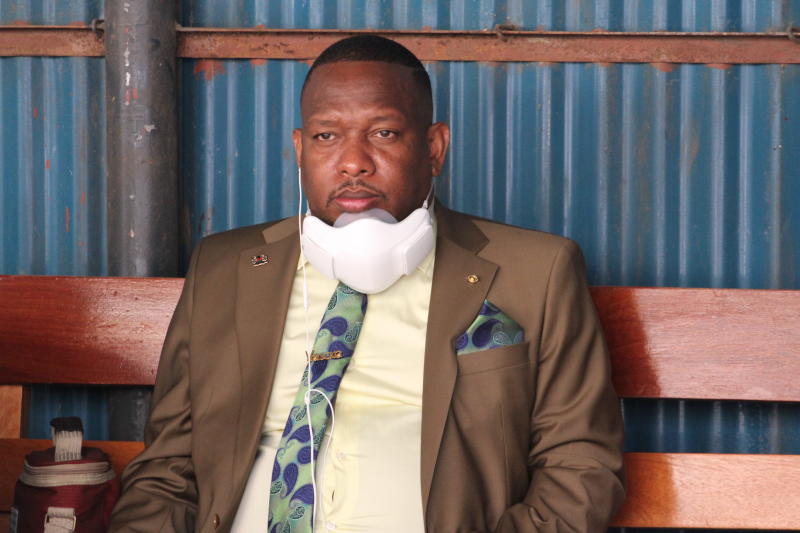×
The Standard e-Paper
Smart Minds Choose Us

Nairobi Governor Mike Sonko at a past event. [File, Standard]
The Employment and Labour Relations Court has extended orders barring the Nairobi County Assembly from debating Governor Mike Sonko's impeachment motion.